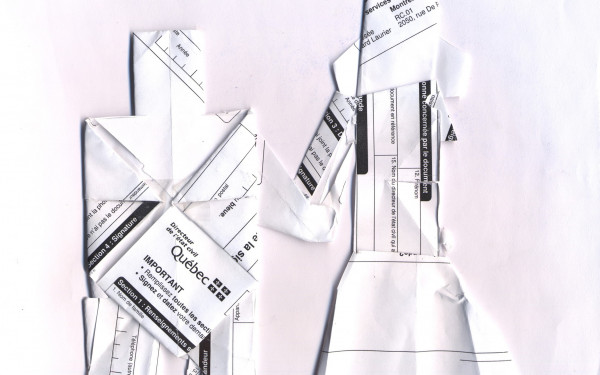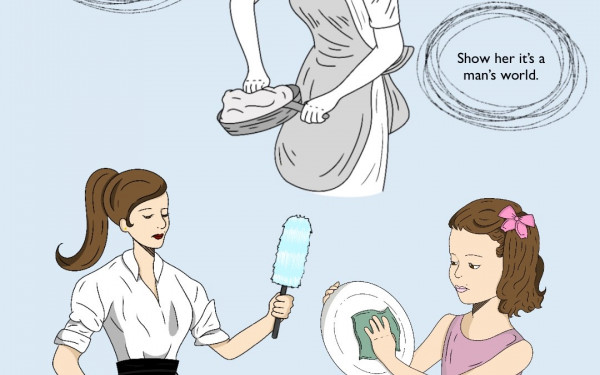Monetizing menstrual health
How application paywalls are gatekeeping crucial health information
I downloaded my first period tracking app when I was 15.
I went from manually tracking my cycle on my calendar to logging the dates and symptoms in an app, hoping to gain a consistent understanding of my body every month. Over the last decade, however, it has become increasingly difficult to access the valuable resources and information my app provides.
Why? It’s all hidden behind a fucking paywall.
If you’ve ever used a period app, you know the deal. You log your symptoms and a little pink box with a snappy title pops up, encouraging you to click it and read up on why your body might be doing that. All of the interest and excitement die when you realize that to actually read the information, you have to pay up. Flo, Clue, Stardust—they’re all the same. The most I can access without a premium subscription is basic period tracking and what phase of my cycle I’m on.
Want to read about irregular periods? Paywall. Period sex tips and tricks? Paywall. Types of discharge and what they mean? Paywall.
Paywalling critical education about menstrual health and bodies is simply wrong and unsupportive to feminism.
But this isn’t new—society has been policing women’s and AFAB (assigned female at birth) bodies and putting a price on our health forever. From restricting access to birth control and abortion to underfunding research on medical conditions, our well-being has always been treated as something to be controlled, regulated and monetized.
Period tracking apps are just another example of this systemic issue. Instead of prioritizing education and empowerment, they put profits over people, forcing us to pay for knowledge about our own bodies. It’s infuriating, but unfortunately, it’s not surprising.
Considering many young people turn to these apps to make sense of their cycle, it’s especially concerning to see critical information hidden and its access controlled by one’s ability to pay. I’m lucky to have grown up in an open home where my mom answered all of my period questions—but some people don’t have that luxury. In some cases, the information shared by period apps is the only education about their bodies they can get outside of Google.
It’s not just period cycle stats and menstruation information that these apps can provide, and once did. It’s sexual health, relationship advice and general health and wellness—things that are also sticky subjects in some homes. Considering the precarious political situation in countries across the globe, menstrual rights and education are at risk.
This means it is more important than ever to gain insights into how our bodies work and what different symptoms might mean.
I’m sick of this age of digital media, where companies can limit what information we have access to with subscription-based applications. Forcing people to pay for knowledge doesn’t foster learning or encourage people—especially youth—to learn about their bodies and health.
It's time to stop putting a price on menstrual health.
This article originally appeared in Volume 45, Issue 10, published March 4, 2025.






_600_375_90_s_c1.jpg)
